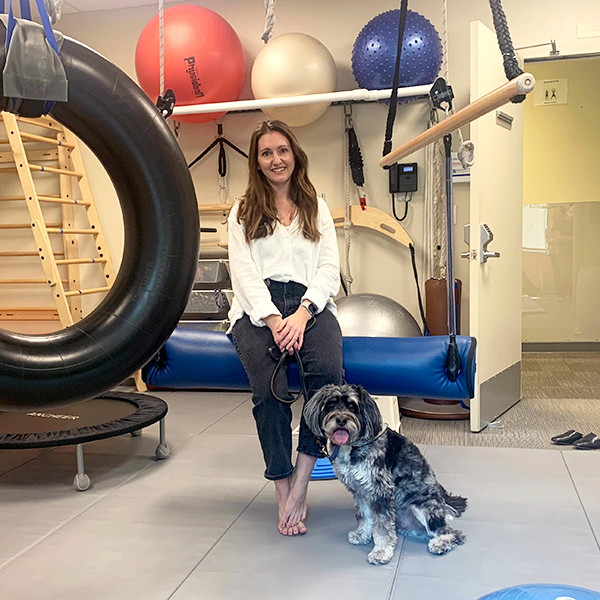
CHC’s Occupational Therapy Gym Gets a Spring Refresh
What if a therapy room felt more like a playground? What if there were soft mats covering the floor, colorful walls, climbing spaces, and swinging trapezes? And what if, upon entering this special space, you were greeted by a friendly Read more >>









